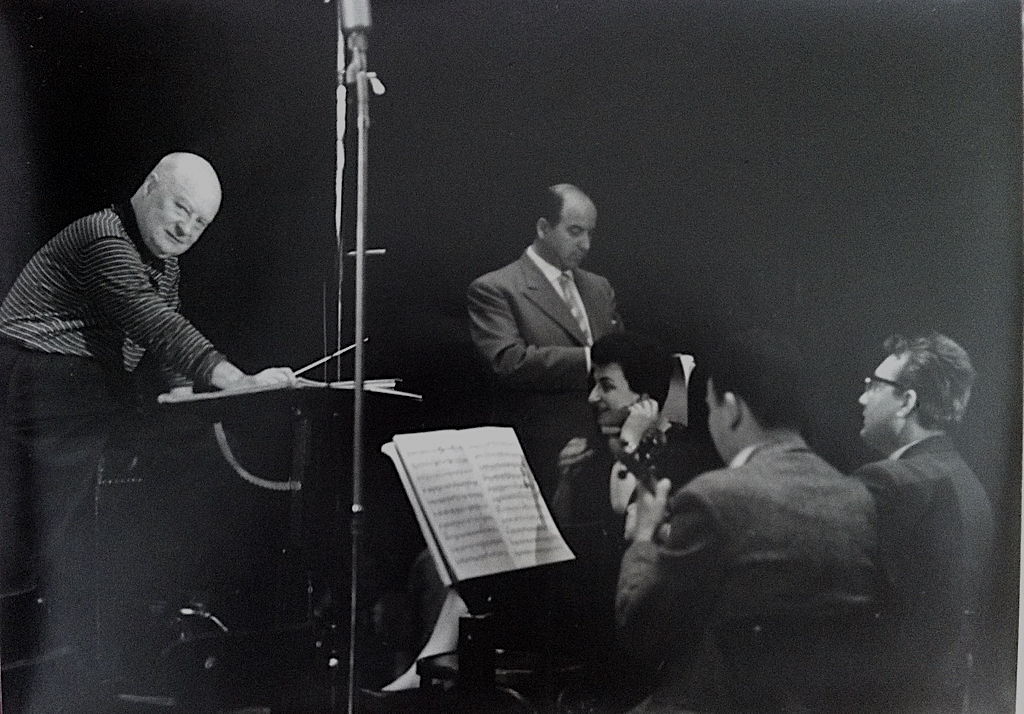Traditional method
In "Gradus ad Parnassum", the master teaches counterpoint to his pupil in the form of dialogues.

A method used either as a student or as a teacher, often both, by Haydn, Mozart, Padre Martini, Beethoven, Schubert, Brahms, Bruckner or Hindemith, the counterpoint treatise from the Gradus ad Parnassum by Johann Joseph Fux (1660-1741) is still the standard reference in English-speaking countries. The second part of a work that also covers musica speculativa (the nature of sound, proportions, intervals and scales), fugue and writing styles, this comprehensive study of rigorous counterpoint is presented in the form of pleasant dialogues in which the master Aloysius (Palestrina), with pedagogy, encourages the pupil Josephus (Fux) to reason and acquire experience and confidence. Methodical but never arid, with great clarity, Fux is mainly based on the Italian tradition of teaching counterpoint, close in this respect to the Tractatus of Christoph Bernhard, who passed on the teaching of his master Schütz. However, it would be inappropriate to classify Fux among the nostalgic reactionaries of the Prima Prattica: his musical works prefigured Viennese classicism. His counterpoint, freer of certain melodic rules, moves away from the Renaissance style and offers more licentiousness than, for example, in the strict French treatises of the 20th century. The translation, pleasant and clear, restores the familiarity intended by Fux in his original Latin version. Some terms have been modernized (blanches and rondes instead of minimes and semi-brèves, for example), as have the keys (which remains more debatable). The text itself is supplemented by a translation of the preface Alfred Mann wrote for the facsimile of the Latin original published by Bärenreiter in 1967. A CD containing the musical examples, sung by soloists with an unfortunately excessive vibrato, accompanies the book.
Johann Joseph Fux, Gradus ad Parnassum - traité de contrepoint, book and CD, 97 pages, € 31.00, Editions Henry Lemoine, Paris, 2012, ISBN 9790230989336









